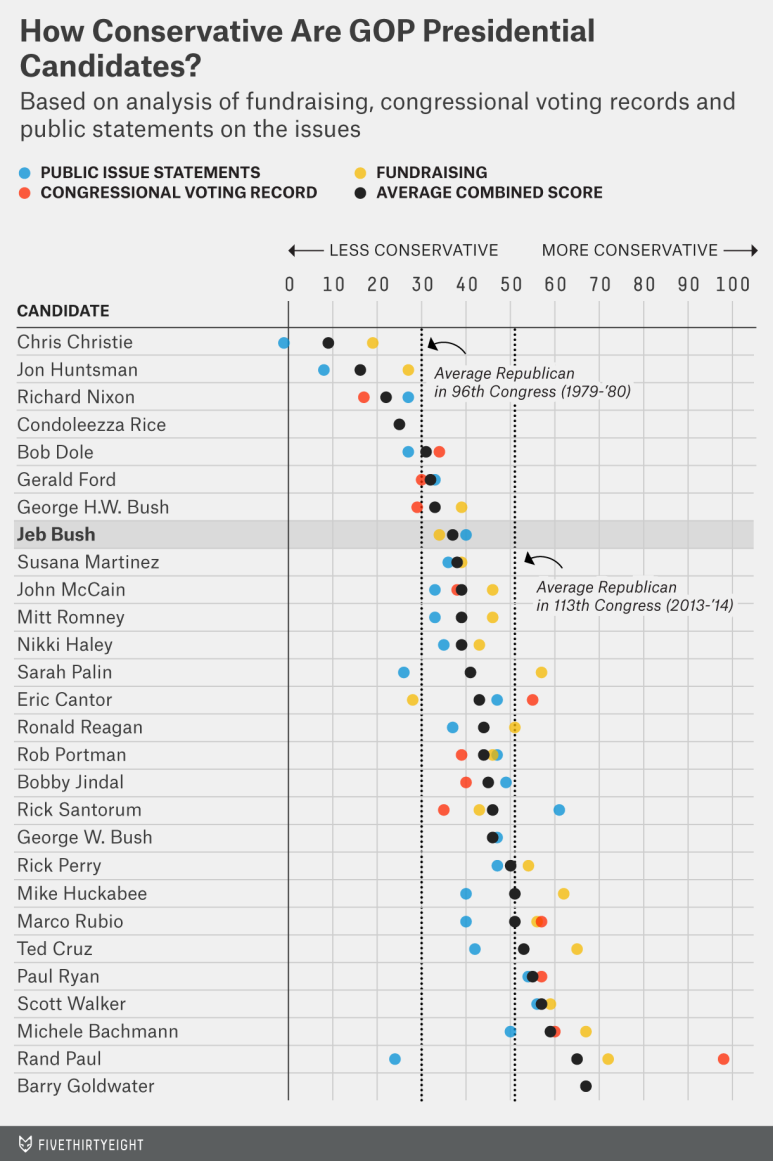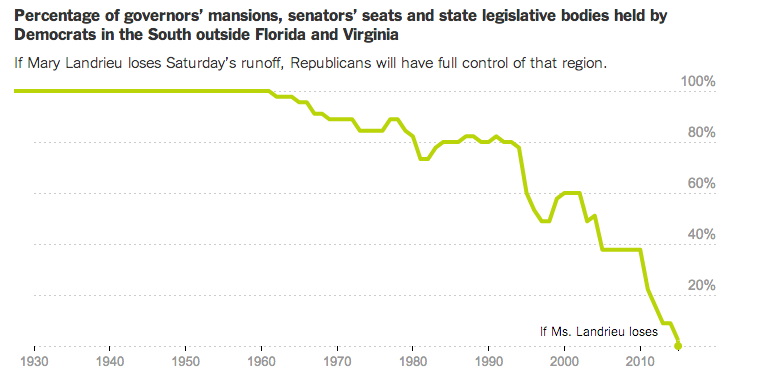Let's kill a few birds with one stone with this Cuba story.
Here's the wikipedia entry on the Helms-Burton Act - also known as the Cuban Liberty and Democratic Solidarity (Libertad) Act of 1996.
Might as well also link to the entry on the United States embargo against Cuba.
The embargo started in 1960 and has been gradually increased since then. This includes the Helms - Burton Act which:
Here's the wikipedia entry on the Helms-Burton Act - also known as the Cuban Liberty and Democratic Solidarity (Libertad) Act of 1996.
Might as well also link to the entry on the United States embargo against Cuba.
The embargo started in 1960 and has been gradually increased since then. This includes the Helms - Burton Act which:
. . . extended the territorial application of the initial embargo to apply to foreign companies trading with Cuba, and penalized foreign companies allegedly "trafficking" in property formerly owned by U.S. citizens but confiscated by Cuba after the Cuban revolution. The act also covers property formerly owned by Cubans who have since become U.S. citizens.
In the section on public policy we describe the public policy process how certain acts can help place an item on the public agenda and accelerate its passage into law. The bill had actually bogged down in the conference committee, but then the Cuban Air Force shot down two planes belonging to members of Brothers to the Rescue in late February 1996. This revived attention to the bill and it became law within a month.
Most laws - at least as far as I can tell - are precipitated by some event that spurs consideration.
Here's a look at the major actions involved in how the bill became a law. Click here for all actions.
2/14/1995 - Introduced in HousePlanes shot down
7/24/1995 - Reported (Amended) by the Committee on International Relations. H. Rept. 104-202, Part I.
8/4/1995 - Committee on Banking and Financial Services discharged.
8/4/1995 - Committee on Judiciary discharged.
8/4/1995 - Committee on Ways and Means discharged.
9/21/1995 - Passed/agreed to in House: On passage Passed by recorded vote: 294 - 130 (Roll no. 683).
10/19/1995 - Passed/agreed to in Senate: Passed Senate with an amendment by Yea-Nay Vote. 74-24. Record Vote No: 494.
3/1/1996 - Conference report H. Rept. 104-468 filed.
3/5/1996 - Conference report agreed to in Senate: Senate agreed to conference report by Yea-Nay Vote. 74-22. Record Vote No: 22.
3/6/1996 - Conference report agreed to in House: On agreeing to the conference report Agreed to by the Yeas and Nays: 336 - 86, 1 Present (Roll no. 47).
3/6/1996 - Cleared for White House.
3/11/1996 - Presented to President.
3/12/1996 - Signed by President.
3/12/1996 - Became Public Law No: 104-114 [Text, PDF]

